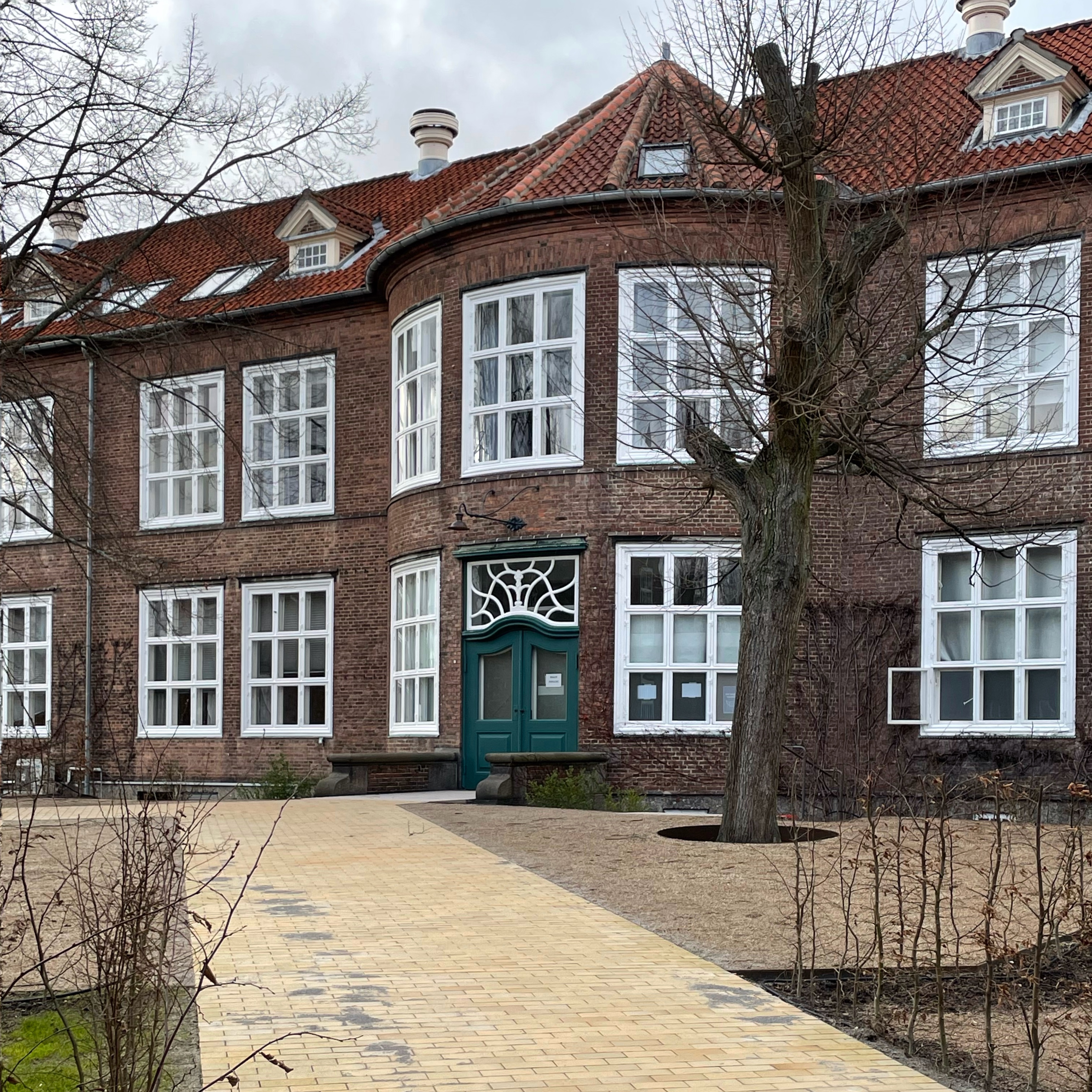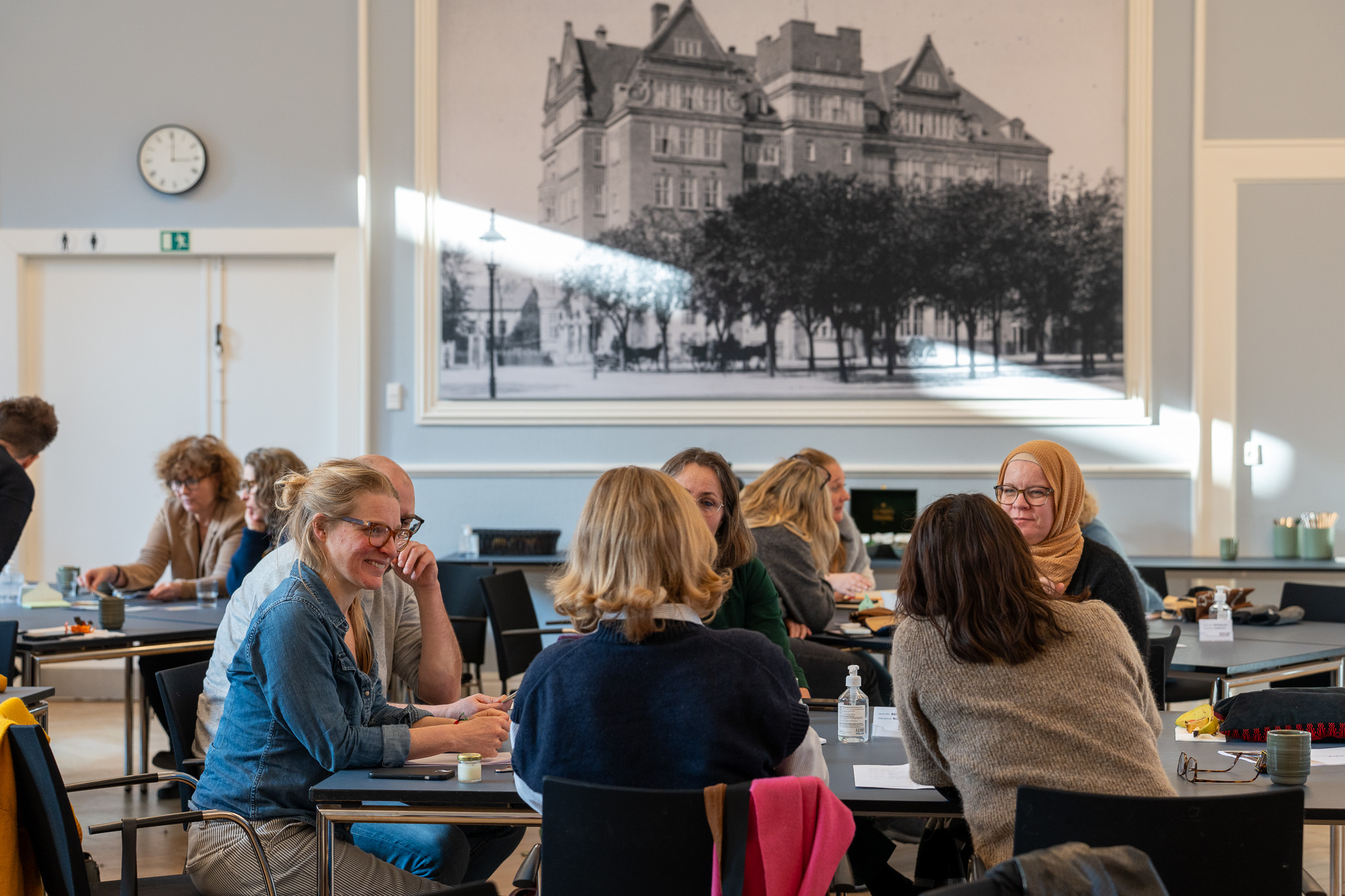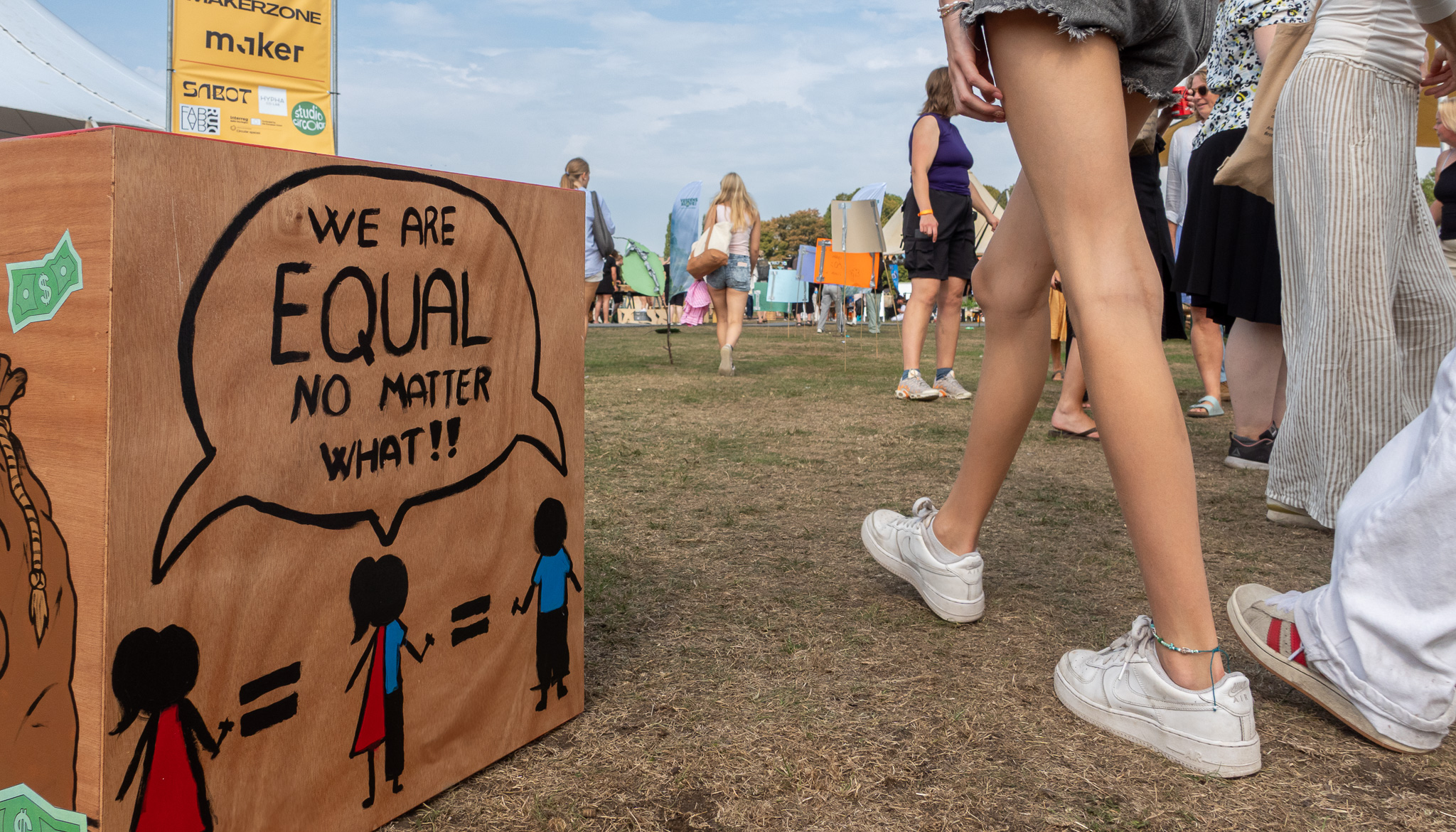
Nature experiences promoting mental health

At Bevica Fonden, we use advanced AI-based translation tools to make our Danish content accessible in English. However, some content – particularly academic articles and nuanced texts – require a level of linguistic accuracy and subject-specific precision that automated tools cannot yet guarantee.
This is why this article is available only in its original language (Danish). We have chosen not to offer an English version in order to preserve the integrity, clarity, and scholarly intent of the original work.
How can we ensure that nature experiences provides the same health effects to people with a mobility impairment as it does to people without? A new PhD project is studying the health effects of nature experiences on people with a mobility impairment.
By Nanna Starmose. The article was published on 28/03/2023.
A walk in nature can be beneficial to our health. However, that is not necessarily the case if the walk only serves to remind you of your disability. In her PhD project, psychologist and PhD student at the Department of Geosciences and Natural Resource Management at the University of Copenhagen, Stine Bekke-Hansen will study the effect of nature experiences on people with a mobility impairment. The objective is to gain a better understanding of how nature experiences in an accessible environment for people with a mobility impairment can affect health effects. Because not all nature is beneficial to health, explains Stine Bekke-Hansen:
“For example, there was a women who had trouble walking. She said that when she spends time with her grandchildren in nature, all she can do really is sit on a bench. So they weren’t having a shared nature experience, and this raises the question of whether that situation benefits health or whether it just feels exclusionary – and if that’s the case, then it can’t be considered a health benefit,” says Stine Bekke-Hansen.
She has just begun her PhD project, which is part of the Move Green Project. The aim of the Move Green Project is to find evidence-based solutions to making nature more accessible, thereby helping people with mobility impairments have positive and health promoting nature experiences.
Activities might help improve health
Stine Bekke-Hansen will not just be looking at how nature can affect health. The majority of the project will focus on finding out whether the effect of nature can be increased through various activities in nature.
“We know that spending time in nature can have a positive effect but what if we could increase that effect? Just like when you go for a run. It gets you in better shape, but if you add interval training to your run, you increase the effect of the run and get into even better shape,” says Stine Bekke-Hansen.
The PhD project will look at activities increasing the participants’ awareness of nature. For example by sitting on a jetty while listening to an audio file that draws your attention to the lapping of the waves.
“It’s about participating in an activity that draws your focus to nature. And the question is whether that can increase the effect of sitting by a lake,” she says.
“When we ask people with a disability about their wishes, they say they want to have experiences and share activities with their friends and family. Perhaps by attaching an activity to the nature experience, we can encourage that wish and perhaps even ensure that they will want to do it again,” she says.
According to Stine Bekke-Hansen, people with a disability have the same wishes when it comes to enjoying nature as other people. They just do not have the same access. The question is how we can make nature more accessible so people with a disability can enjoy the same health effects of spending time in nature as everyone else.
“This is what I’ll be spending the next years of my life learning more about,” says Stine Bekke-Hansen.
Read more:
Corazon, Sus Sola, Marie Christoffersen Gramkow, Dorthe Varning Poulsen, Victoria Linn Lygum,
Gaochao Zhang and Ulrika Karlsson Stigsdotter. (2019). I Would Really like to Visit the Forest, but it is Just Too Difficult: A
Qualitative Study on Mobility Disability and Green Spaces. Scandinavian Journal of Disability Research, 21(1), pp. 1–13. https://doi.org/10.16993/sjdr.50
More knowledge about Universal Design
Explore the Bevica Foundation's Knowledge Library
Latest News
Follow the latest news from the Bevica Foundation below.

.png)





